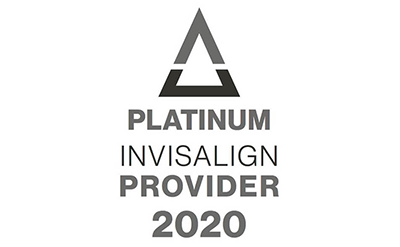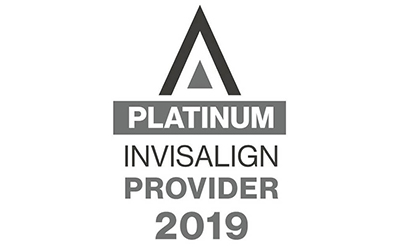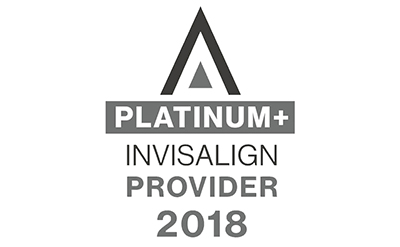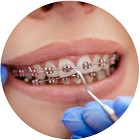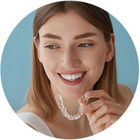ORTHODONTIC SPECIALISTS IN SURREY, BC
Making the whole family smile.
Looking for a top-rated orthodontist, Surrey?
Look no further. At South Surrey Smiles, we've made it our mission to create beautiful smiles and build unparalleled patient confidence and trust since 2010. We know how busy life can be, and no one has time to wait. That's why we offer a same-day start for your orthodontic treatment and work around your busy schedule by offering treatment options before and after school in South Surrey and White Rock.
Dr. Williams and the South Surrey Smiles team are committed to providing the South Surrey, White Rock, and surrounding communities with a consistently exceptional standard of orthodontic care, and strive to create a fun, relaxed practice where you can feel truly at home.
Click to Learn About Our South Surrey Orthodontist: Dr. Williams

OUR SERVICES
Braces Treatments
Invisalign
Early Treatment For Kids
OUR PRIDE

